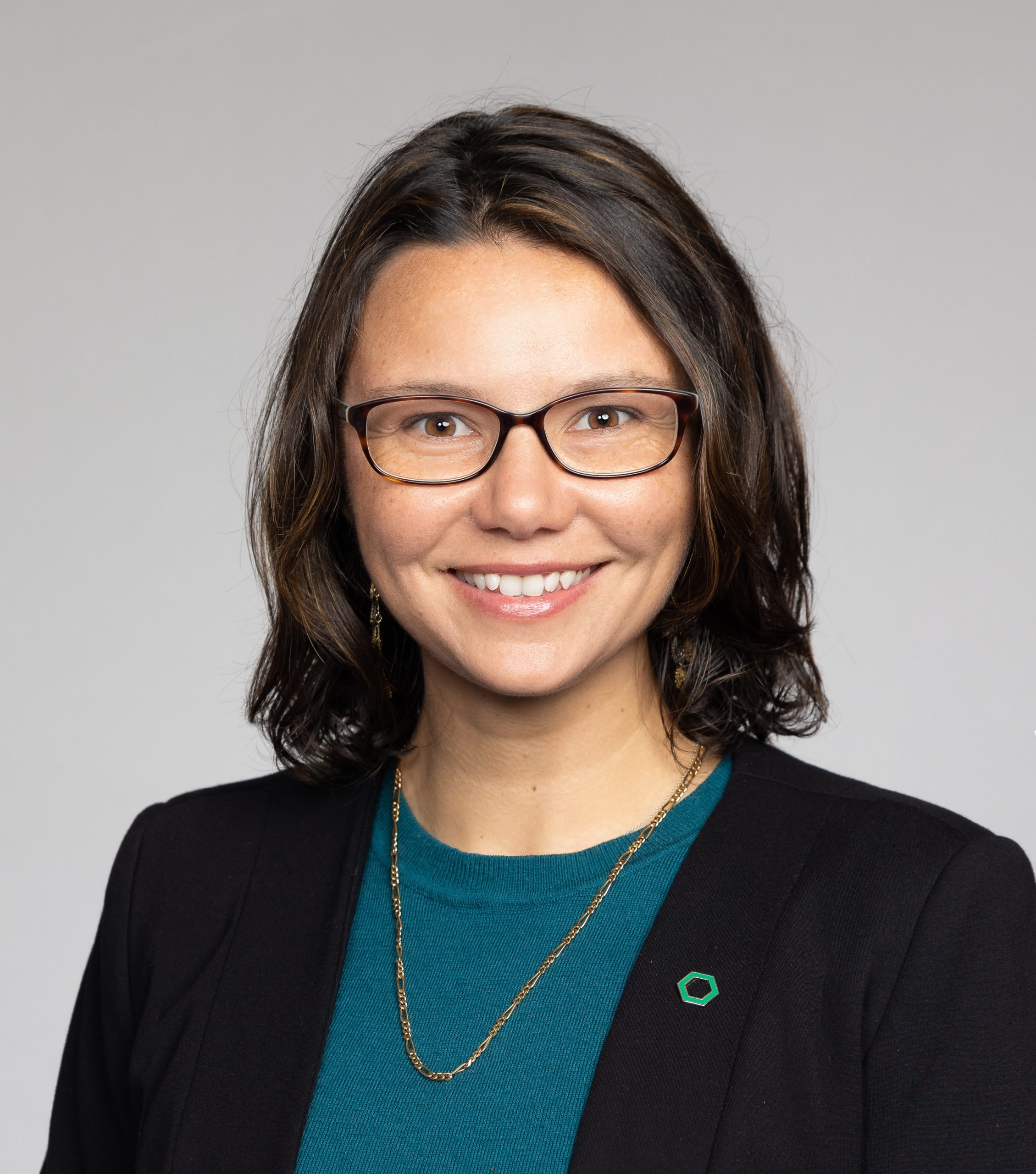
PAID CONTENT
While it’s been a few years since the Canadian Securities Administrators (CSA) reformed client-focused strategies, some advisors are still confused about how to incorporate Know Your Product (KYP) into their processes when it comes to environmental, social, and governance (ESG) investing.
CSA’s guidance on KYP is designed to ensure that advisors have a thorough understanding of the products they recommend to their clients, explains Deborah Debas, Responsible Investment Specialist with Desjardins Group. “The KYP process is intended to help advisors identify the features and risks associated with a particular product, and determine whether it is suitable for their clients,” she says.
“There are no specific requirements in the KYP guidelines that tie that to ESG products. It really is the investment core of any type of investment and, in essence, Responsible Investment (RI) is just that — a type of investment.”
So whether it’s a guaranteed product, mutual fund, or exchange-traded fund, Debas says advisors must understand the objective, strategy, structure, features, and returns of each investment product they recommend.
All of these details and questions are answered in Desjardins’ updated mutual fund KYP documentation, which will be available throughout August. “In addition, to help advisors with their research and client conversations, we identify the ESG approaches used in each fund of our RI line-up on our KYP documentation,” she says.
The key to KYP is to ensure the product you’re offering to your clients answers their financial objectives, she adds.
But the first step of the client discovery process is to get to Know Your Client (KYC). And when it comes to ESG investing, there are some nuances for KYC.
“Remember, the question about ESG investing is unlikely to come from the client,” Debas says. “You should not confuse lack of questions for a lack of interest toward ESG because your client might not know this is available to them, or that you’re an advisor who’s qualified to offer these sorts of products to them.”
“If you’re actually able to connect KYC, KYP, and ESG, this is how you’re going to build more trust with your clients.”
So advisors should mention the potential to invest in ESG to their clients during KYC. By taking the initiative of the conversation and asking more questions, she says that advisors show interest in their clients, and who they really are above and beyond their portfolios.
“You might want to ask them if they volunteer anywhere, or if they offer donations to some non-profit organizations in their region or in their community,” suggests Debas. “This is a good way to understand what’s important to them, and show them how their investment can actually work in the same direction.”
Once you have a better understanding of your client and their goals, including how RI products can help them meet those goals, then focus on KYP and discussing products that are suited for them.
“KYC and KYP are two sides of the same coin,” says Debas. “You need to understand what your client wants, and their objectives and risk tolerance. Then, you’ll be able to offer them a product that’s suitable and addresses both their financial needs and their convictions.”
She adds, “If you’re actually able to connect KYC, KYP, and ESG, this is how you’re going to build more trust with your clients. And you’re also going to be able to increase your client retention and ability to be referred because you’re going the extra step. You’re offering new ideas and value, you’re including the investor in the choice of their investments, and you’re showing them how everything works together.”
Learn more about how to systemize your RI approach at Desjardins’ webcast on Oct. 24, 2023 and on DesjardinsFunds.com.

Deborah Debas
Responsible Investment Specialist with Desjardins Group
